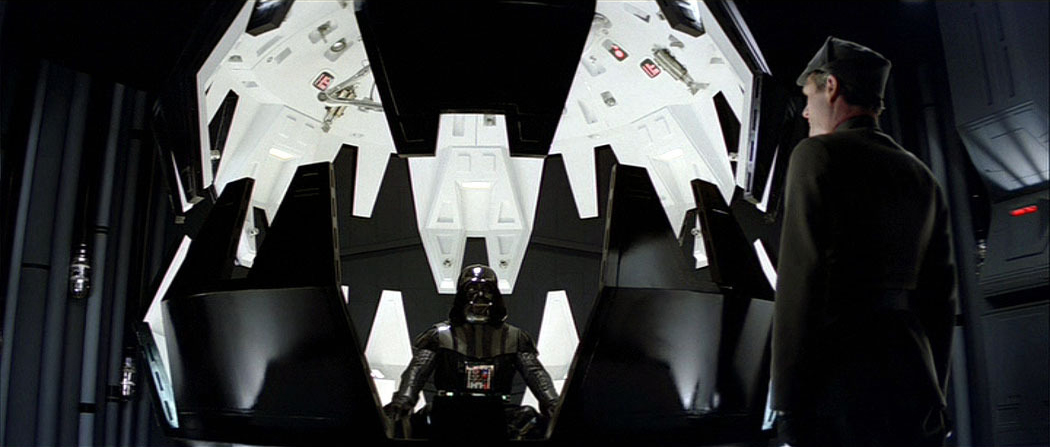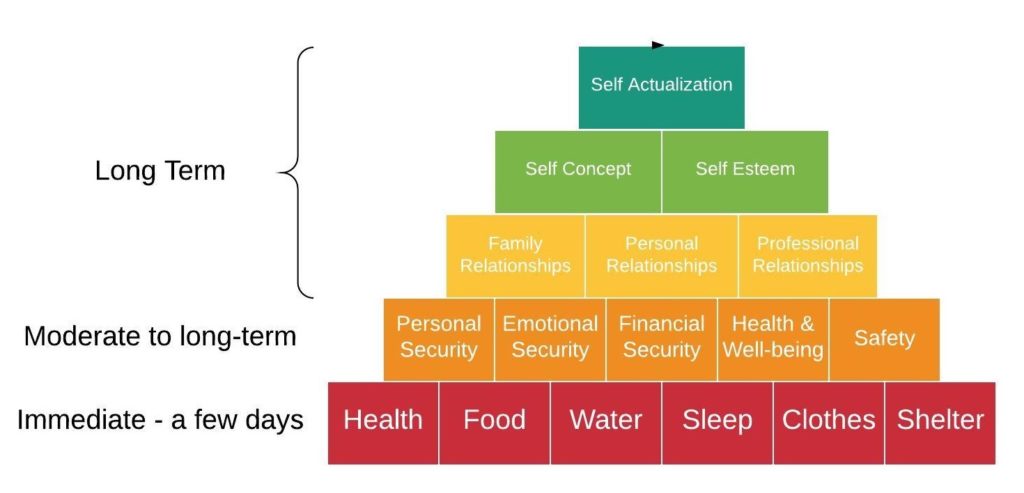Scott Galloway, a Silicon Valley prognosticator with a respectable track record is predicting the Cornavirus and resulting stop-gap measures of moving education online is going to become the disruption that changes the university system forever, with tech companies partnering with colleges to become hybrid, virtual campuses. In an interview with James D. Walsh of New York Magazine he had this to say:
Colleges and universities are scrambling to figure out what to do next year if students can’t come back to campus. Half the schools have pushed back their May 1 deadlines for accepting seats. What do you expect to happen over the next month?
There’s a recognition that education — the value, the price, the product — has fundamentally shifted. The value of education has been substantially degraded. There’s the education certification and then there’s the experience part of college. The experience part of it is down to zero, and the education part has been dramatically reduced. You get a degree that, over time, will be reduced in value as we realize it’s not the same to be a graduate of a liberal-arts college if you never went to campus. You can see already how students and their parents are responding.
At universities, we’re having constant meetings, and we’ve all adopted this narrative of “This is unprecedented, and we’re in this together,” which is Latin for “We’re not lowering our prices, bitches.” Universities are still in a period of consensual hallucination with each saying, “We’re going to maintain these prices for what has become, overnight, a dramatically less compelling product offering.”
In fact, the coronavirus is forcing people to take a hard look at that $51,000 tuition they’re spending. Even wealthy people just can’t swallow the jagged pill of tuition if it doesn’t involve getting to send their kids away for four years. It’s like, “Wait, my kid’s going to be home most of the year? Staring at a computer screen?” There’s this horrific awakening being delivered via Zoom of just how substandard and overpriced education is at every level. I can’t tell you the number of people who have asked me, “Should my kid consider taking a gap year?”
…
Ultimately, universities are going to partner with companies to help them expand. I think that partnership will look something like MIT and Google partnering. Microsoft and Berkeley. Big-tech companies are about to enter education and health care in a big way, not because they want to but because they have to.
Let’s look at Apple. It does something like $250 billion a year in revenue. Apple has to convince its stockholders that its stock price will double in five years, otherwise its stockholders will go buy Salesforce or Zoom or some other stock. Apple doesn’t need to double revenue to double its stock price, but it needs to increase it by 60 or 80 percent. That means, in the next five years, Apple probably needs to increase its revenue base by $150 billion. To do this, you have to go big-game hunting. You can’t feed a city raising squirrels. Those big-tech companies have to turn their eyes to new prey, the list of which gets pretty short pretty fast if you look at how big these industries need to be in that weight class. Things like automobiles. They’ll be in the brains of automobiles, but they don’t want to be in the business of manufacturing automobiles because it’s a shitty, low-margin business. The rest of the list is government, defense, education, and health care. People ask if big tech wants to get into education and health care, and I say no, they have to get into education and health care. They have no choice.
There’s a certain amount of sense in what he’s telling us. American universities have begun to lose sight of their original purpose: to dispense knowledge. They’ve become factories for wholesale social change, and in the process have added so much overhead to their cost structures that the price of their knowledge-offering has increased exponentially while the actual value grows increasingly questionable. And now the Coronavirus has shown students that not only is the knowledge product not worth the cost, but the online experience has diminished it even further. It seems doubtful that universities will be able to continue charging $50,000+ a year for Zoom classes. Where they once derided online universities such as University of Phoenix (my MBA alma mater) they may find themselves studying their models, perhaps even purchasing them outright.
However, if such a model is to work there will first come a major upheaval. Today’s teachers are ill-prepared for the online classroom. I’ve been watching as my sons have struggled with on-line school from their local high school. The quality and intensity of the assignments have diminished, while the teachers largely have retreated to a consulting role, not even attempting to teach the subject matter in even a virtual classroom setting (with the interesting exception of their release-time religious studies teacher). One son is struggling mightily to complete the two classes most critical to his future career plans because the teacher had largely left them on their own.
I don’t doubt there are teachers who can adapt, improvise and overcome, and perhaps even thrive in this new model, especially at the college level. As I mentioned above, I earned my post-graduate degree in a hybrid setting, long before video conferencing software became cheap and ubiquitous, and we were able to make it work. But we were all working professionals who had outgrown the need for classroom learning. We knew how to learn. This model may not work so well for K-12 education, and I suspect it won’t be applied any time soon.
The university system, however, is ripe for it. The real question is whether universities will be willing to give up their role as engines of social change and retreat back to mere education. Or will the corporate partners assist them in policing the minds of their students more efficiently than ever before? We may be on the verge of a fundamental ground-shift, and only time will tell if it was for better or worse.



